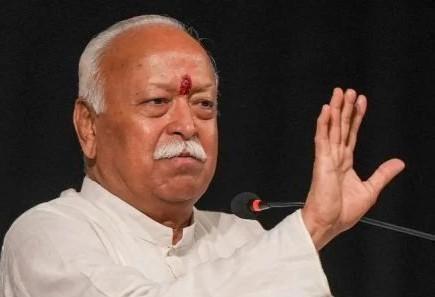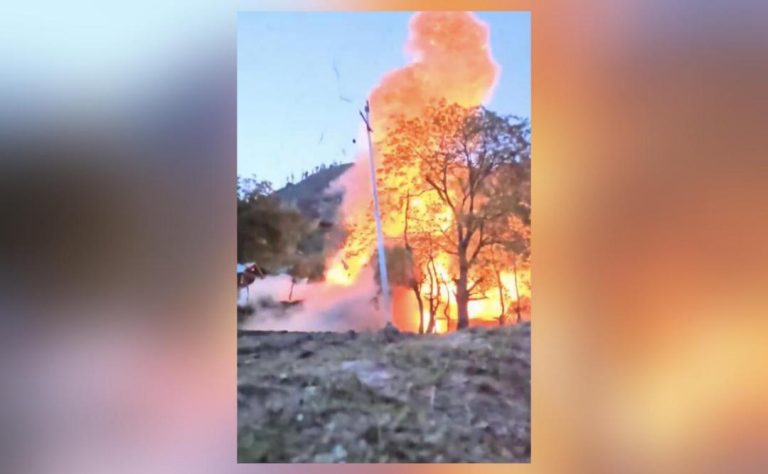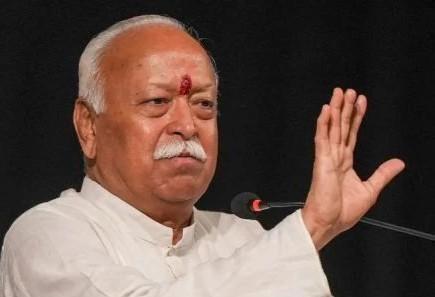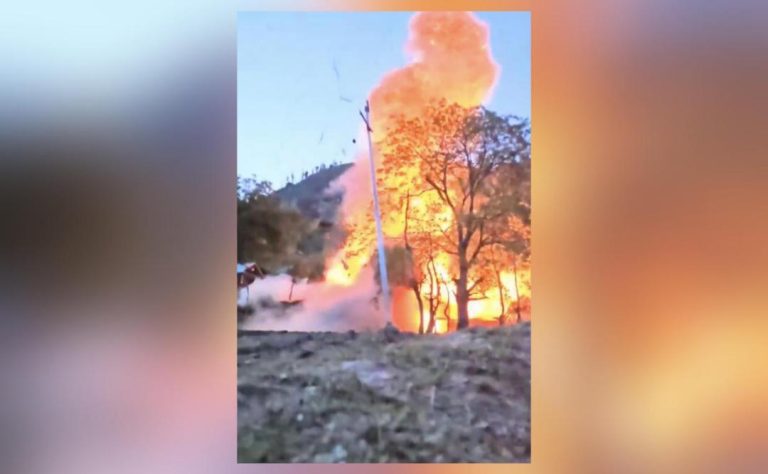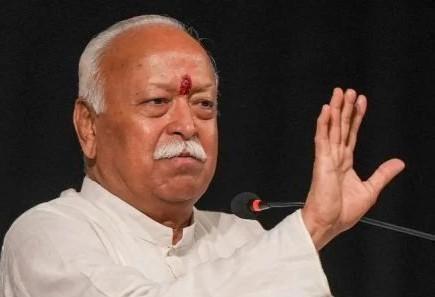
If Someone Turns to Evil Then We’ll Teach a Lesson: Bhagwat on J&K Attack
The recent terror attack in Pahalgam, Jammu and Kashmir, has left the nation in shock and grief. The attack, which claimed the lives of several innocent civilians, has raised questions about the effectiveness of the government’s security measures and the need for a stronger response to terrorism. In the aftermath of the attack, RSS chief Mohan Bhagwat made some telling remarks, emphasizing the importance of non-violence as India’s religion, but also the need to teach a lesson to “oppressors and hooligans”.
Bhagwat’s statement has sparked a heated debate, with many interpreting it as a call for a strong and decisive response to terrorism. However, it is essential to understand the context and nuances of Bhagwat’s words to appreciate the complexity of the issue.
In an interview with a news channel, Bhagwat said, “Non-violence is India’s religion, but so is teaching a lesson to oppressors and hooligans. We never harm or disrespect our neighbours, but if someone is bent on being evil, what is the cure?” His words seem to suggest that while non-violence is an essential aspect of Indian culture and philosophy, it is not a one-way street. In situations where violence and terrorism are perpetrated against innocent civilians, the state has a responsibility to protect its people and teach a lesson to those who seek to harm them.
Bhagwat’s statement is not a call for mindless violence or revenge, but rather a recognition of the need for a proportionate response to terrorism. The RSS chief is emphasizing the importance of the state’s duty to protect its citizens, which is enshrined in the Indian Constitution. The Preamble to the Constitution states that the state’s primary responsibility is to secure the sovereignty and integrity of India, as well as to promote the welfare and happiness of its people.
The recent attack in Pahalgam is a stark reminder of the need for the state to be proactive in protecting its citizens. The attack was carried out by terrorists who crossed the border from Pakistan, highlighting the need for a strong and coordinated response to cross-border terrorism. The government has recently taken several measures to enhance security along the border, including the deployment of additional troops and the installation of advanced surveillance systems.
However, it is not just the government’s responsibility to protect its citizens. The people of India also have a role to play in preventing terrorism and promoting peace. As Bhagwat emphasized, non-violence is India’s religion, and it is essential for individuals to adopt non-violent means of resolving conflicts and promoting social change.
In conclusion, RSS chief Mohan Bhagwat’s statement on the J&K attack is a nuanced and thought-provoking reflection on the need for a balanced approach to terrorism. While non-violence is an essential aspect of Indian culture and philosophy, it is not a one-way street. In situations where violence and terrorism are perpetrated against innocent civilians, the state has a responsibility to protect its people and teach a lesson to those who seek to harm them.
Source: https://youtu.be/SpAKVWl5wII
